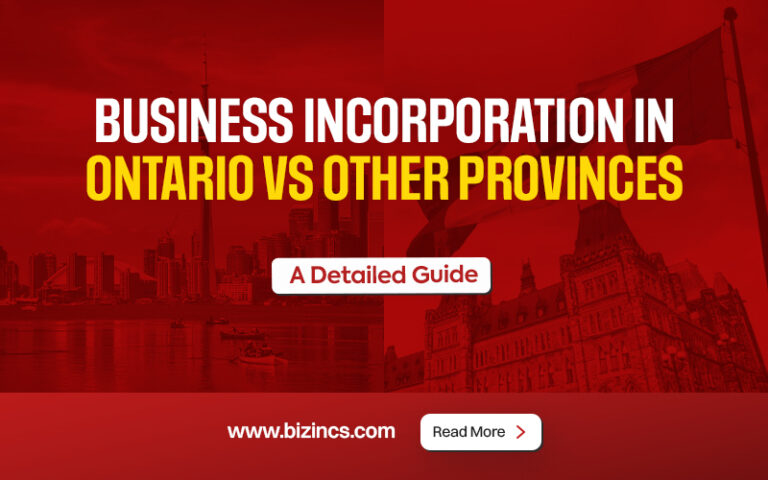How to file corporate taxes in canada
Introduction
Corporate or business tax filing is crucial for businesses. In Canada, corporations must file taxes yearly. The Canada Revenue Agency (CRA) oversees tax collection. Understanding tax rules ensures compliance and avoids penalties.
Who Needs to File Corporate Tax?
All incorporated businesses must file taxes. This includes small and large corporations. Even inactive companies must submit tax returns. Sole proprietors file personal tax returns instead.
Corporate Tax Return Filing Deadline
The business tax deadline depends on the fiscal year-end. Corporations must file six months after year-end. If the due date falls on a holiday, file the next business day. Late filing results in penalties and interest charges.
Understanding Corporate Tax Rates
Canada has federal and provincial tax rates. The basic federal corporate tax rate is 15%. Provincial rates vary based on location. Small businesses may qualify for lower rates. The Small Business Deduction (SBD) reduces taxes significantly.
Essential Corporate Tax Forms
Corporations file the T2 Corporate Tax Return. Additional schedules may be required based on activities. Businesses with over $1 million revenue file financial statements. Accurate reporting helps prevent audits and penalties.
Claiming Business Expenses and Deductions
Businesses can deduct eligible expenses to reduce taxes. Common deductions include office rent, salaries, and utilities. Vehicle expenses, marketing costs, and depreciation are also deductible. Proper documentation is necessary for claims.
Capital Cost Allowance (CCA)
Businesses depreciate assets using CCA. Different assets have specific depreciation rates. Common categories include machinery, vehicles, and buildings. CCA helps reduce taxable income effectively.
GST/HST Filing and Compliance
Corporations must charge and remit GST/HST. Businesses earning over $30,000 must register. Filing deadlines depend on reporting periods. Failure to remit results in penalties and interest.
Tax Installments and Payments
Corporations pay taxes in installments if required. Installments apply when taxes exceed $3,000 annually. Payments are due monthly or quarterly. CRA provides installment reminders and payment options.
Tax Credits and Incentives for Businesses
Canada offers tax credits to support businesses. Scientific Research and Experimental Development (SR&ED) credits help innovators. Investment tax credits reduce taxable income. Industry-specific incentives support growth and development.
Dealing with CRA Audits and Reviews
CRA may audit corporations for compliance. Audits check tax returns, expenses, and revenues. Businesses must provide proper records when requested. Keeping accurate books reduces audit risks and issues.
Using a Business Tax Professional or Accountant
Tax professionals ensure accurate filings and compliance. Accountants help maximize deductions and credits. Professional advice reduces errors and risks. Hiring experts saves time and ensures proper business tax management.
Conclusion
Corporate tax filing is essential for businesses. Understanding tax rules ensures compliance and avoids penalties. Proper record-keeping and professional help simplify tax processes. Filing on time prevents unnecessary financial burdens.







